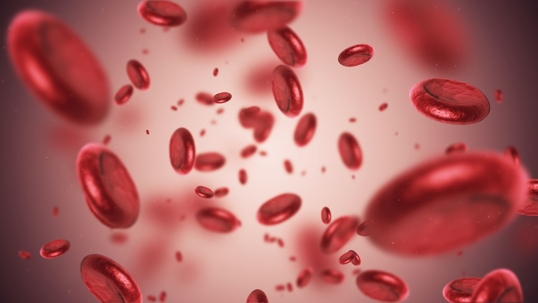Anemia is a common condition that occurs when there is a decrease in the number of red blood cells or a decrease in the amount of hemoglobin in the blood. One of the leading causes of anemia is iron deficiency. Iron is an essential mineral that plays a vital role in the production of red blood cells and carrying oxygen throughout the body. In this blog post, we will explore the signs, symptoms, and treatments for both anemia and iron deficiency.
Understanding Anemia
Anemia can be caused by iron deficiency, vitamin deficiency, chronic diseases, and genetic disorders. The most common type of anemia is iron deficiency anemia, which occurs when the body doesn't have enough iron to produce sufficient red blood cells. Other types of anemia include vitamin deficiency anemia (such as B12 or folate deficiency) and hemolytic anemia.
Signs and Symptoms
Common signs and symptoms of anemia include:
Fatigue: Feeling excessively tired or weak, even with adequate rest.
Pale Skin: A pale or yellowish complexion may indicate decreased oxygen levels in the blood.
Shortness of Breath: Difficulty breathing or feeling breathless, especially during physical activities.
Rapid Heartbeat: An increased heart rate is the body's attempt to compensate for low oxygen levels.
Dizziness and Headaches: Reduced oxygen flow to the brain can cause dizziness and frequent headaches.
Diagnosing Anemia and Iron Deficiency
If you suspect you might have anemia or iron deficiency, it's essential to consult with a healthcare professional. They will conduct a thorough medical history review, physical examination and order blood tests to assess your red blood cell count and iron levels. These tests may include a complete blood count (CBC), ferritin level test, and iron studies.
Treating Anemia and Iron Deficiency
The treatment for anemia and iron deficiency depends on the underlying cause. In the case of iron deficiency anemia, increasing iron intake through dietary changes and supplementation is often recommended. Foods rich in iron include meat, seafood, leafy greens, lentils, and fortified cereals. Doctors may sometimes prescribe iron supplements to help restore iron levels more quickly.
For other types of anemia, such as B12 or folate deficiency, vitamin supplementation or dietary changes may be necessary. In severe cases, blood transfusions or other medical interventions may be required.
If you're experiencing symptoms of anemia or suspect iron deficiency, don't hesitate to seek medical advice. Early diagnosis and proper treatment can help alleviate symptoms and improve your overall health and well-being.
Remember, this blog post is for informational purposes only, and it's essential to consult with a healthcare professional for a proper diagnosis and personalized treatment plan.

